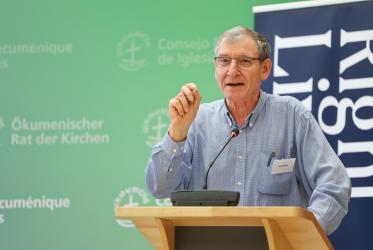Displaying 1 - 7 of 7
Churches should use their voice on climate change
26 February 2020
CCIA meets in Brisbane with focus on Pacific regional priorities
19 February 2020
Church response to Australian bushfires hinges on preparation
07 January 2020
Prayers, reflections and action during “Time for Creation”
15 September 2014
Time to pray for God’s creation
02 September 2013


